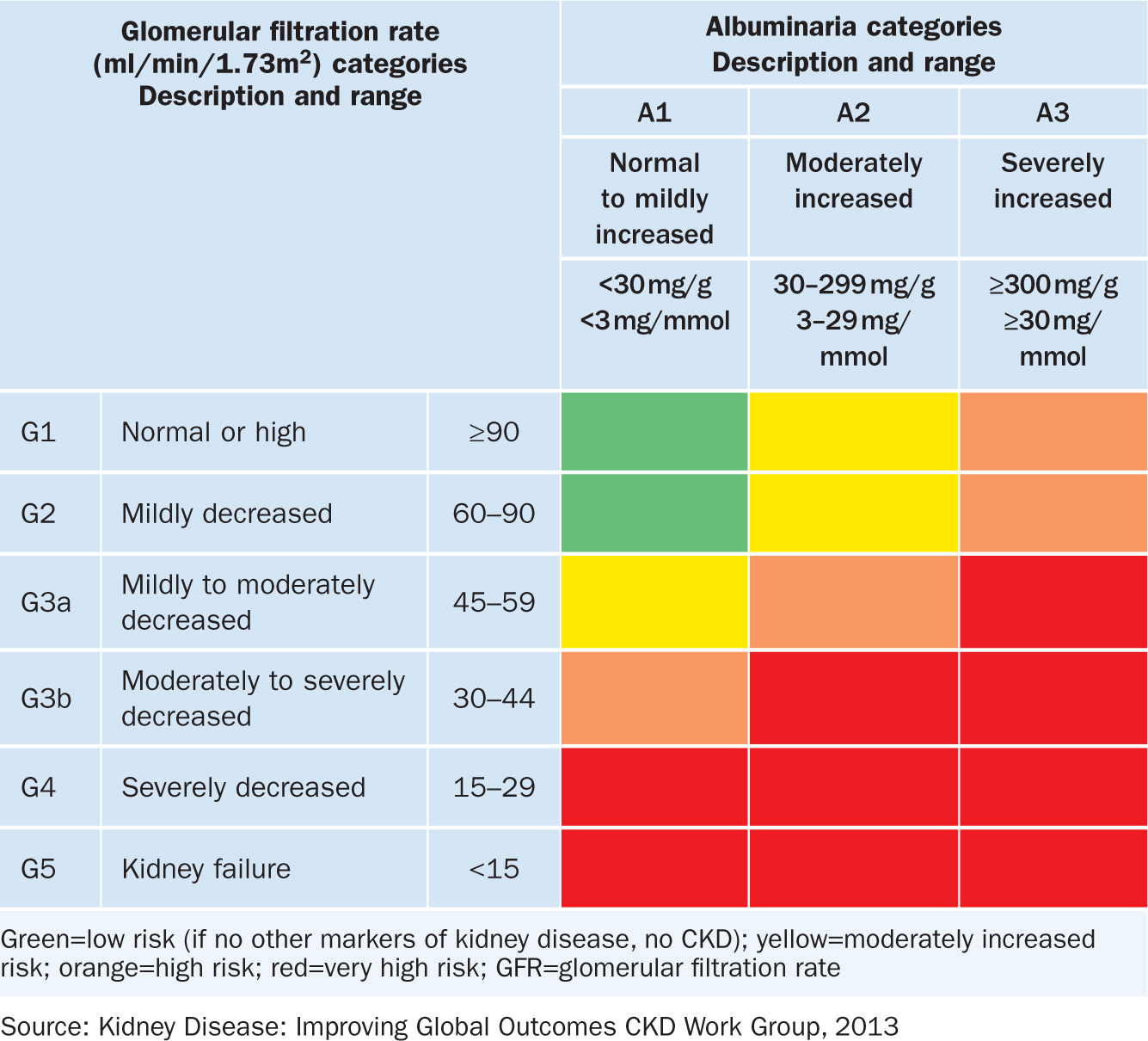
**The Strength of Early Intervention in Fighting Silent Kidney Illness**
Kidney ailments are frequently termed “silent” diseases since they develop slowly and exhibit minimal symptoms until reaching a serious stage. In this regard, prompt detection and proactive care are essential. A recent account from kidney transplant recipient Charlie Cloninger and nephrologist Dr. Nauman Shahid underscores the remarkable impact of early intervention and unified health systems.
**Charlie’s Experience: From Unexpected Diagnosis to Successful Transplantation**
At 74, Charlie Cloninger seemed to be in good health but was taken aback by odd results in standard blood and urine examinations. These results led to a transformative referral to Dr. Shahid, a nephrologist. Initially showing no symptoms, Charlie’s kidney condition might have remained hidden without these assessments.
Charlie was fortunate to receive an early diagnosis, enabling him to bypass dialysis and go straight to a kidney transplant. Coordination in care was pivotal throughout this journey. With a clear, systematic approach created by Dr. Shahid, Charlie obtained the necessary support to manage his health effectively. His care pathway involved not just medical treatments but also modifications to his lifestyle and mental health assistance. As Charlie remembers, addressing his mental health was as vital as treating his physical issues.
**The Importance of Coordinated Care and Patient Assistance**
Charlie’s effective treatment highlights the significance of a well-integrated care team. As he progressed through diagnosis, treatment, and final transplantation, a devoted care coordinator ensured smooth communication among the various medical professionals involved. This facilitated comprehensive and compassionate care for Charlie, drawing attention to the often overlooked yet crucial role of care coordination in dealing with chronic conditions like kidney disease.
Dr. Shahid stresses that early identification and continuous patient education are key components of successful kidney disease management. He notes that several patients, including Charlie, are often referred too late when options have dwindled. However, by emphasizing early intervention, education, and preventive methods, nephrology can transition from crisis management to a more proactive care strategy.
**A New Perspective on Healthcare**
Dr. Shahid champions the shift away from fee-for-service models that often emphasize quantity over quality, advocating for value-based care systems. These systems prioritize providing resources for preventive care and patient education, essential factors for effectively managing chronic diseases.
The shared story of Charlie and Dr. Shahid serves as both motivation and a call to action. It illustrates how early diagnosis, patient education, and coordinated care can save lives and greatly enhance outcomes for those with silent kidney diseases.
**Essential Insights for Patients and Healthcare Professionals**
– **For Patients:** Take an active role in your health. Routine check-ups and addressing any health issues with your provider can facilitate the early detection of silent diseases. Do not overlook symptoms or changes in health as just part of aging.
– **For Healthcare Professionals:** Primary care doctors are vital in the early detection of kidney diseases. Regular screenings and awareness of risk factors like family history, diabetes, and hypertension can help identify the condition early. Collaboration among healthcare teams can guarantee patients receive thorough care.
In summary, early intervention for silent kidney diseases not only extends life but also improves quality of life for patients. By prioritizing preventive measures and promoting integrated care models, we can better tackle the stealthy nature of kidney disease.